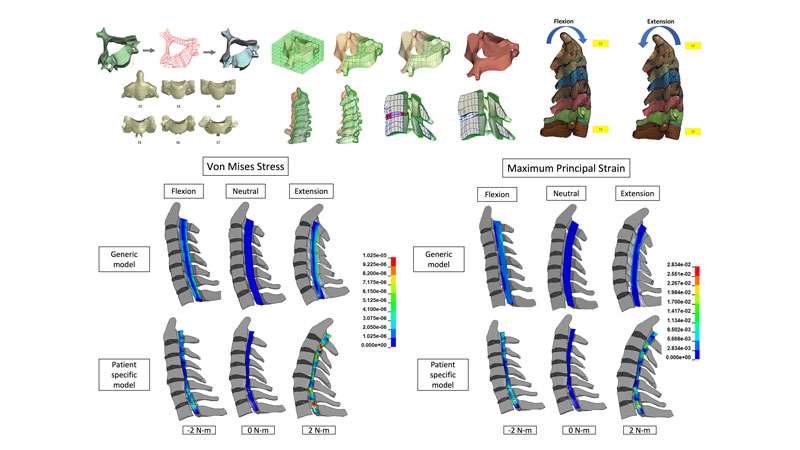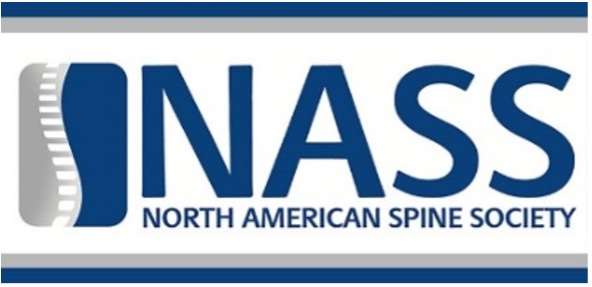Vedantam Laboratory
About the Vedantam Laboratory
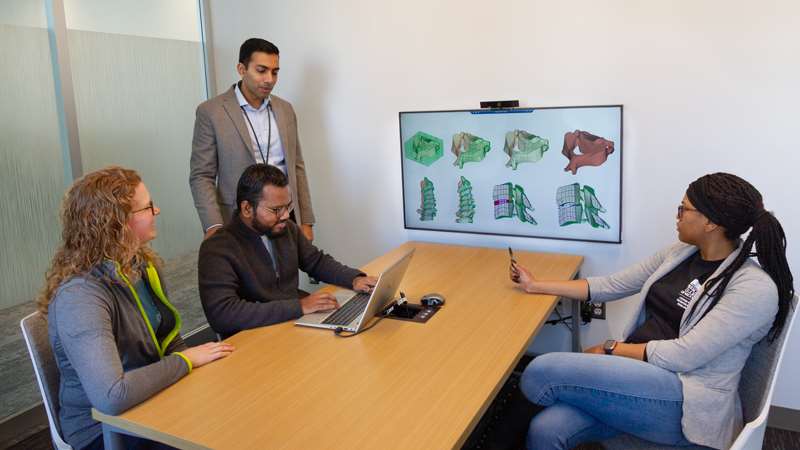
Research Overview
Finite Element Modeling of the Cervical Spinal Cord in Degenerative Cervical Myelopathy
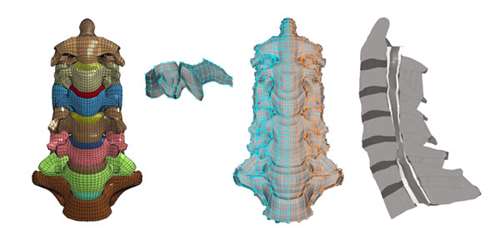 The Vedantam Lab is actively involved in developing finite element models of the cervical spinal cord for evaluation of DCM. Our group is one of the first to develop a patient-specific finite element model of the cervical spine and spinal cord for DCM using a pre-surgical MRI. Our approach incorporates patient-specific geometries and morphology, which influence spinal cord stress and strain during neck motion. By simulating surgical interventions on these models, we can now predict changes in spinal cord biomechanics after a particular surgical intervention for DCM. Our actively funded work is aimed at determining if spinal cord biomechanics are linked to microstructural spinal cord injury and neurological function.
The Vedantam Lab is actively involved in developing finite element models of the cervical spinal cord for evaluation of DCM. Our group is one of the first to develop a patient-specific finite element model of the cervical spine and spinal cord for DCM using a pre-surgical MRI. Our approach incorporates patient-specific geometries and morphology, which influence spinal cord stress and strain during neck motion. By simulating surgical interventions on these models, we can now predict changes in spinal cord biomechanics after a particular surgical intervention for DCM. Our actively funded work is aimed at determining if spinal cord biomechanics are linked to microstructural spinal cord injury and neurological function.Image: Finite element models of cervical spine
Representative Publications
Implementing a Novel Virtual Reality Training Program for Hand Dexterity in Degenerative Cervical Myelopathy
Advanced Multi-parametric Imaging of the Spinal Cord in Degenerative Cervical Myelopathy
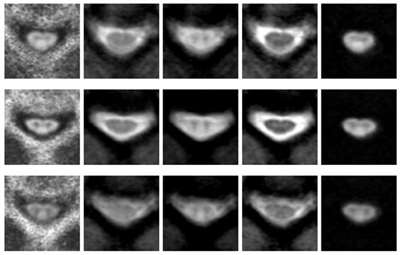
MCW has pioneered work in advanced spinal cord MR imaging. The Vedantam Lab, in collaboration with other investigators, is using multi-parametric MR imaging of the cervical spinal cord to improve the assessment of pre- and post-surgical spinal cord integrity in DCM. By combining advanced MRI with quantitative functional assessments, we are defining a set of MRI imaging biomarkers for DCM. We are working on the creation of a clinically useful set of MR sequences that can enhance diagnosis and prognosis for DCM.
Image: Magnetic resonance (MR) imaging of cervical spinal cord
Representative Publications
- Diffusion tensor imaging in a large longitudinal series of patients with cervical spondylotic myelopathy correlated with long-term functional outcome
- Diffusion tensor imaging correlates with short-term myelopathy outcome in patients with cervical spondylotic myelopathy
- Diffusion tensor imaging of the spinal cord: insights from animal and human studies
- Characterization and limitations of diffusion tensor imaging metrics in the cervical spinal cord in neurologically intact subjects
Funding
Funding for the Vedantam Lab is provided by:
Principal Investigator

Investigative Collaborators
The Vedantam Laboratory works closely with collaborators from the Medical College of Wisconsin, Marquette University and the University of North Carolina specializing in neurosurgery, neurology, neurophysiology, imaging, biostatistics, biomechanics and biomedical engineering.
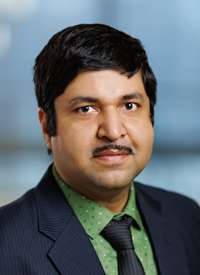
Anjishnu Banerjee, PhD
Associate Professor, Biostatistics

Matthew D. Budde, PhD
Associate Professor, Department of Neurosurgery
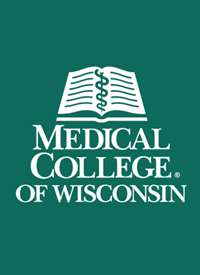
Derek Kamper, PhD
Associate Professor of Biomedical Engineering
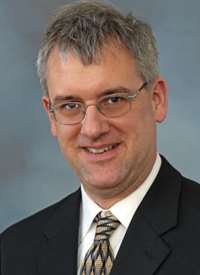
Brian D. Schmit, PhD
Professor, Joint Department of Biomedical Engineering; Hammes Family Chair
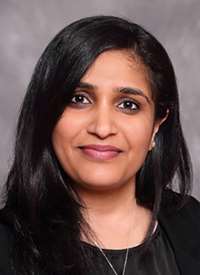
Priyanka Shah-Basak, PhD
Assistant Professor
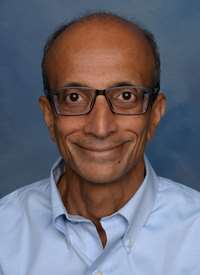
Narayan Yoganandan, PhD
Professor & Chair of Biomechanics, Department of Neurosurgery; Orthopaedic Surgery; Joint Department of Biomedical Engineering
Current Lab Members
Current members of the Vedantam Laboratory include graduate students and professional research staff specializing in neurosurgery, neurotrauma, biomedical engineering and degenerative cervical myelopathy.
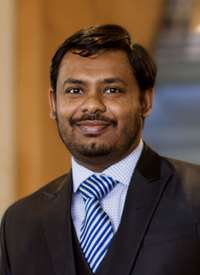
Ramesh Arnest, MS
Research Associate I

Balaji Harinathan
Graduate Student

William Lindahl
Engineer I

Viprav Raju, PhD
Postdoctoral Researcher
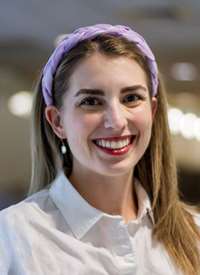
Caroline Treis, MPH
Clinical Research Coordinator II
Undergraduate Researchers
Recent Publications
-
(Fehlings MG, Evaniew N, Ter Wengel PV, Vedantam A, Guha D, Margetis K, Nouri A, Ahmed AI, Neal CJ, Davies BM, Ganau M, Wilson JR, Martin AR, Grassner L, Tetreault L, Rahimi-Movaghar V, Marco R, Harrop J, Guest J, Alvi MA, Pedro KM, Kwon BK, Fisher CG, Kurpad SN, AO Spine Knowledge Forum Spinal Cord Injury.) Global Spine J. 2025 Jun;15(5):2585-2593 PMID: 40257837 PMCID: PMC12012498 SCOPUS ID: 2-s2.0-105004277039 04/21/2025
-
Serum protein biomarkers for degenerative cervical myelopathy: a prospective study.
(Vedantam A, Rahman M, Salam S, Banerjee A, Satkunendrarajah K, Budde MD, Meier TB.) J Neurosurg Spine. 2025 Jun 01;42(6):718-726 PMID: 40215624 PMCID: PMC12624368 SCOPUS ID: 2-s2.0-105007067019 04/12/2025
-
(Raju VB, Schmit BD, Vedantam A.) Proc Inst Mech Eng H. 2025 May;239(5):413-422 PMID: 40320702 SCOPUS ID: 2-s2.0-105004572754 05/05/2025
-
(Banerjee A, Yang Y, Wang MC, Vedantam A.) Clin Spine Surg. 2025 Mar 01;38(2):E69-E74 PMID: 39037072 PMCID: PMC11751124 SCOPUS ID: 2-s2.0-85199703689 07/22/2024
-
(Rahman M, Banurekha Devaraj K, Chauhan O, Harinathan B, Yoganandan N, Vedantam A.) Applied Sciences Switzerland. January 2025;15(2) SCOPUS ID: 2-s2.0-85215797547 01/01/2025
-
(Gundamraj S, Devaraj KB, Harinathan B, Banerjee A, Yoganandan N, Vedantam A.) Biomech Model Mechanobiol. 2024 Oct;23(5):1757-1764 PMID: 39003653 SCOPUS ID: 2-s2.0-85198355255 07/14/2024
-
Optimizing Recovery for Degenerative Cervical Myelopathy: The Role of Postsurgical Rehabilitation.
(Rahman M, Vedantam A.) World Neurosurg. 2024 Sep;189:485-486 PMID: 38997932 SCOPUS ID: 2-s2.0-85199455507 07/13/2024
-
Impact of postsurgical rehabilitation on outcomes for degenerative cervical myelopathy.
(Rahman M, Banerjee A, Yang Y, Annyapu E, DeGroot AL, Best B, Braza DW, Wang MC, Vedantam A.) J Neurosurg Spine. 2024 Aug 01;41(2):167-173 PMID: 38728769 SCOPUS ID: 2-s2.0-85200524767 05/10/2024
-
(Rahman M, Palmer P, Harinathan B, Banurekha Devaraj K, Yoganandan N, Vedantam A.) Diagnostics (Basel). 2024 Jul 12;14(14) PMID: 39061634 PMCID: PMC11276270 07/27/2024
-
(Rahman M, Palmer P, Harinathan B, Banurekha Devaraj K, Yoganandan N, Vedantam A.) Diagnostics. July 2024;14(14) SCOPUS ID: 2-s2.0-85199590245 07/01/2024
-
(Stemper BD, Cutlan R, Vedantam A, Gerds B, Hainsworth K, Raff H, Yoganandan N, Dooley C, Le P, Muftuler LT.) Conference Proceedings International Research Council on the Biomechanics of Injury Ircobi. 2024;Part 202371:353-354 SCOPUS ID: 2-s2.0-85204454527 01/01/2024
-
Pelvis-Sacrum-Lumbar Spine Injury Characteristics From Underbody Blast Loading.
(Yoganandan N, Baisden J, Moore J, Pintar F, Vedantam A, Shabani S, Barnes D, Loftis K.) Mil Med. 2023 Nov 08;188(Suppl 6):393-399 PMID: 37948210 SCOPUS ID: 2-s2.0-85176449424 11/10/2023
Get Involved with the Vedantam Lab
Graduate Education
Researchers seeking graduate-level educational opportunities at the intersection of Neurosurgery and Neural Bioengineering are invited to explore opportunities in the Marquette-MCW Joint Department of Biomedical Engineering, as well as the Neuroscience Doctoral Program at the Medical College of Wisconsin.
Student Research
Undergraduate and high school students interested in gaining research experience in neuroscience and biomedical engineering labs are invited to explore undergraduate research opportunities supported by the Zablocki VA Medical Center Laboratories.
Student Research Opportunities at ZVAMC Labs
Employment
The Vedantam Laboratory is always on the lookout for individuals with an interest in spinal cord dysfunction, degenerative cervical myelopathy and the restoration of neurological function.
For general questions regarding open opportunities, contact Dr. Aditya Vedantam.


